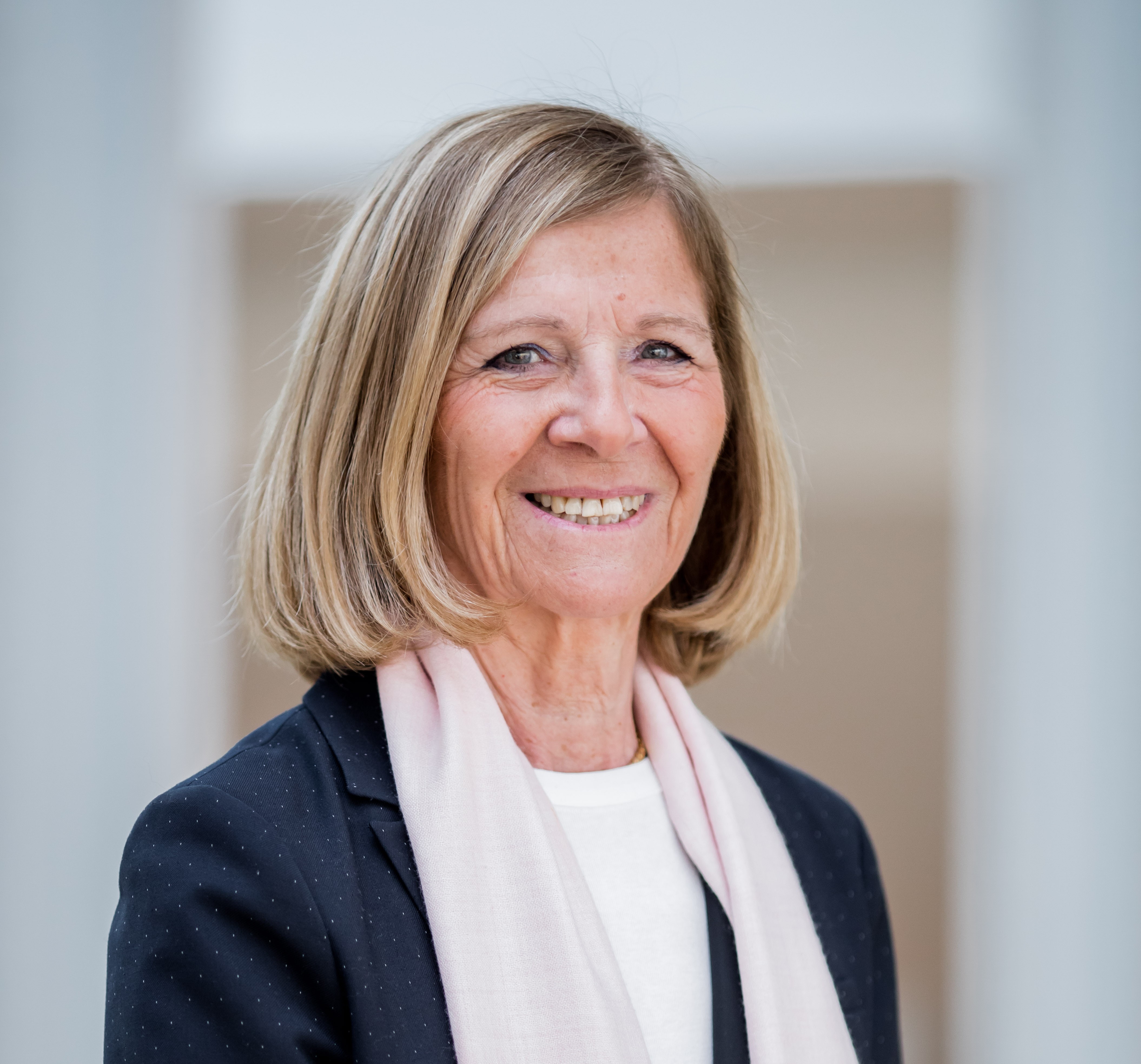Pascale Cossart
- Biologie moléculaire et cellulaire, génomique
- Biologie moléculaire et cellulaire, génomique
Biographie
Après des études de chimie à Lille puis à Georgetown University aux Etats-Unis, Pascale Cossart est entrée à l’Institut Pasteur en 1971. Elle y a préparé sa thèse et y a réalisé toute sa carrière en dirigeant l’Unité des Interactions Bactéries-Cellules, une unité affiliée à l’Inserm et à l’INRA. Après avoir étudié les interactions ADN-protéines et les bases moléculaires de leur spécificité, elle a en 1986 entrepris d’étudier les bases moléculaires et cellulaires des infections bactériennes, en prenant comme modèle d’étude la bactérie Listeria monocytogenes. Ses recherches ont mené à de multiples découvertes en particulier les bases moléculaires et cellulaires des mécanismes permettant les traversées des barrières intestinale et foéto-placentaire par la bactérie, les acteurs moléculaires principaux permettant la motilité intracellulaire de la bactérie et en particulier la protéine ActA qui recrute le complexe Arp2/3 et permet la polymérisation de l’actine ainsi que plusieurs mécanismes totalement nouveaux de régulation de l’expression des gènes par les ARNs notamment la découverte du premier thermosenseur régulant l’expression des facteurs de virulence et celle de riboswitchs impliqués dans la résistance aux antibiotiques. Elle a mis en évidence le rôle clé des mitochondries dans l’infection et a élucidé plusieurs modifications post-traductionnelles chez l’hôte participant à l’infection, notamment des modifications des histones ouvrant la voie à une nouvelle discipline impliquant l’épigénétique dans le contrôle des infections. Tous ses travaux sur Listeria et d’autres bactéries ouvrent la voie à de nouvelles cibles de lutte contre les infections bactériennes.
Pascale Cossart est considérée comme une pionnière en Microbiologie Cellulaire. Ses contributions ont été récompensées par de nombreux prix internationaux comme les prix L’Oreal/Unesco, le prix Robert Koch, le prix Jeantet ou le prix Balzan. Elle a été élue membre de plusieurs académies dont la National Academy of Sciences et la National Academy of Medicine aux Etats-Unis, la Royal Society au Royaume-Uni, la Leopoldina en Allemagne. Elle a été secrétaire perpétuel de l’Académie des sciences de 2016 à 2021 puis scientist visitor à L’EMBL (European Molecular Biology Laboratory) à Heidelberg en 2022 et 2023. En mai 2024, elle était visiting professor à Harvard Medical School.
After studying chemistry in Lille and at Georgetown University, Washington DC, Pascale Cossart (PC) arrived at the Pasteur Institute in 1971 to prepare her PhD thesis. PC then pursued her whole career at the Pasteur Institute where she directed the Bacteria-Cell interactions unit. Her PhD thesis concerned the sequence of a bacterial protein. During her post-doc, PC then cloned and sequenced the gene encoding this protein, the first gene sequenced in the Pasteur Institute. Several collaborations ensued including for the sequencing of Escherichia coli crp gene that encodes a transcriptional regulator. Through the study of altered specificity mutants, PC contributed to highlight the role of the helix-turn-helix motif of regulators in DNA-protein interactions and specificity (Nature 1984).
In 1986, on the request of the Pasteur direction to reorient her work on infections, PC undertook to study the molecular and cellular basis of bacterial infections, taking as model Listeria monocytogenes bacterium responsible for food borne infections leading to gastrointestinal infections and meningitis. Her research led to multiple breakthroughs, e.g. the molecular and cellular mechanisms allowing crossing of the intestinal and foeto-placental barrier by the bacterium (Cell 1991, Cell 1996, Science 2001, PNAS 2004), the discovery of ActA, the factor allowing the actin-based motility of the bacterium (Cell 1992) as well as novel mechanisms of RNA-mediated regulation of gene expression (PNAS 2013, Science 2014, Science 2016, PNAS 2018), in particular, the first thermo-sensor regulating expression of virulence factors (Cell 2002). PC coordinated the sequencing of the Listeria monocytogenes genome and that of the non-pathogenic species Listeria innocua (Science 2001), showed the regulatory role of mitochondria in infection (PNAS 2013), unveiled several protein modifications induced by bacteria and critical for infection, e.g. SUMOylation (Nature 2010) and pioneered the field of host epigenetics and infection (PNAS 2007, Science 2011, Science 2013). PC contributions were recognized by numerous international prizes including the L’Oréal/Unesco award, the Lounsbery Prize, the Robert Koch prize, the Jeantet prize, the Balzan prize, the Selman Waksman award. She was elected member of the French Academy of sciences (and secrétaire perpétuel from 2016 to 2021), international member of NAS and NAM, of the Royal Society, and of the Leopoldina. (For a recent autobiography see Ann. Rev. Microbiol. (2023) 77 : 1-22).
Crédit photo : Mathieu Baumer
Dernière mise à jour de la page : 3 novembre 2025



